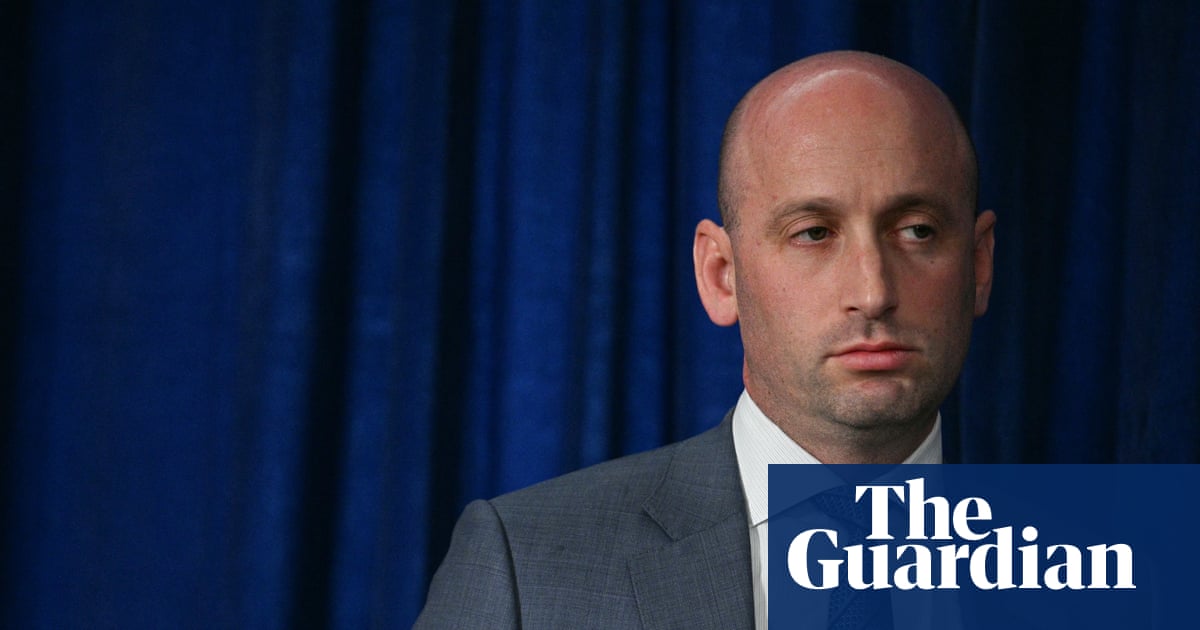Federal prosecutors are expected to ask a grand jury on Thursday afternoon to indict John Bolton, the former national security adviser in Donald Trump’s first term, according to Bloomberg and Reuters.
Details of what prosecutors in the US attorney’s office in Maryland will seek remains unknown, but previous case activity, including the search warrant for Bolton’s home, has pointed at charges related to mishandling classified information.
Bolton’s lawyer, Abbe Lowell, has said the former national security adviser did nothing inappropriate with classified records.
The potential indictment against Bolton comes at a particularly fraught moment for the justice department, which has been rocked by extraordinary pressure from Trump to expand a vendetta campaign to pursue criminal cases against his political enemies.
In recent weeks, Lindsey Halligan, Trump’s handpicked US attorney in Virginia, obtained indictments against the former FBI director James Comey and the New York state attorney general, Letitia James, over the objections of career prosecutors.
Bolton has been a thorn in Trump’s side for years since he departed the first administration, criticizing him on cable news and assailing the president for his own mishandling of classified documents at his Mar-a-Lago club.
Part of the criminal investigation into Bolton has focused on what resembled diary entries and private notes he made for himself on an AOL email account – and whether they contained classified information, according to people familiar with the matter. Lowell said that documents with classified markings retrieved from Bolton’s phone by the FBI were decades old.
Bolton, a longtime federal government official with a top secret clearance who was UN ambassador before serving as Trump’s national security adviser from 2018 to 2019, is widely known as a diligent note taker.
After he left the administration in Trump’s first term, he continued to work in Washington and the investigation has examined whether Bolton’s assistants had access to those notes, the people said.
Bolton’s AOL email account was also hacked by a foreign adversary, according to a redacted US intelligence assessment that was included in the search warrant affidavit from the search of Bolton’s house.
The potential for disclosures of classified information are relevant in Espionage Act cases, because the justice department looks to so-called “aggregating factors” when deciding whether to mount such a prosecution.
Broadly, the department pursues cases that have a combination of four factors: willful mishandling of classified information, vast quantities of classified information to support an inference of misconduct, disloyalty to the US, and obstruction.
Sam Levine contributed reporting

 3 months ago
64
3 months ago
64

















































